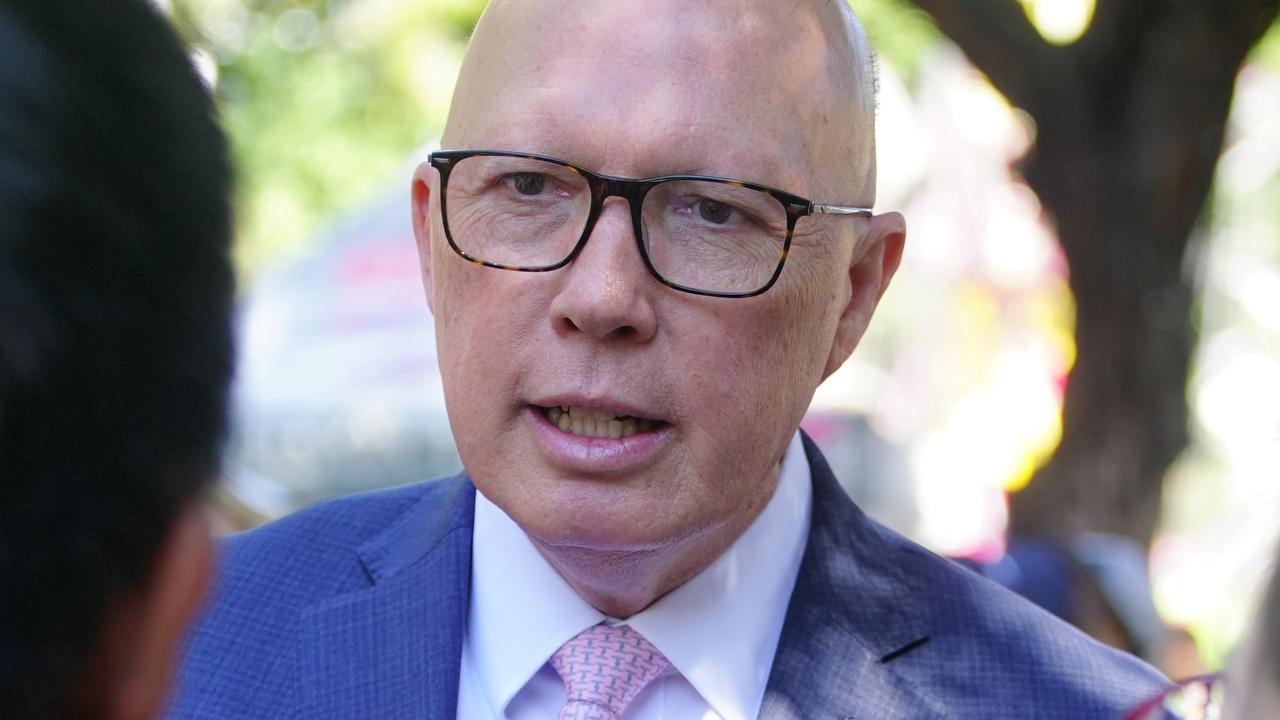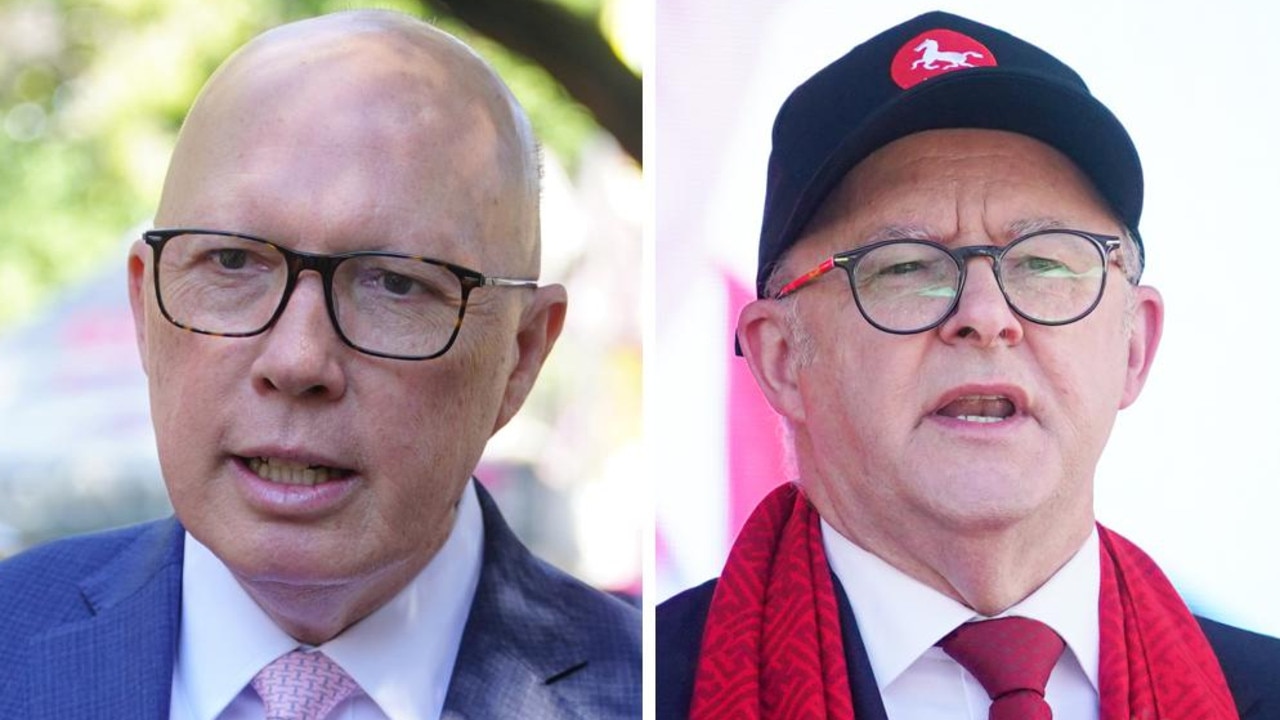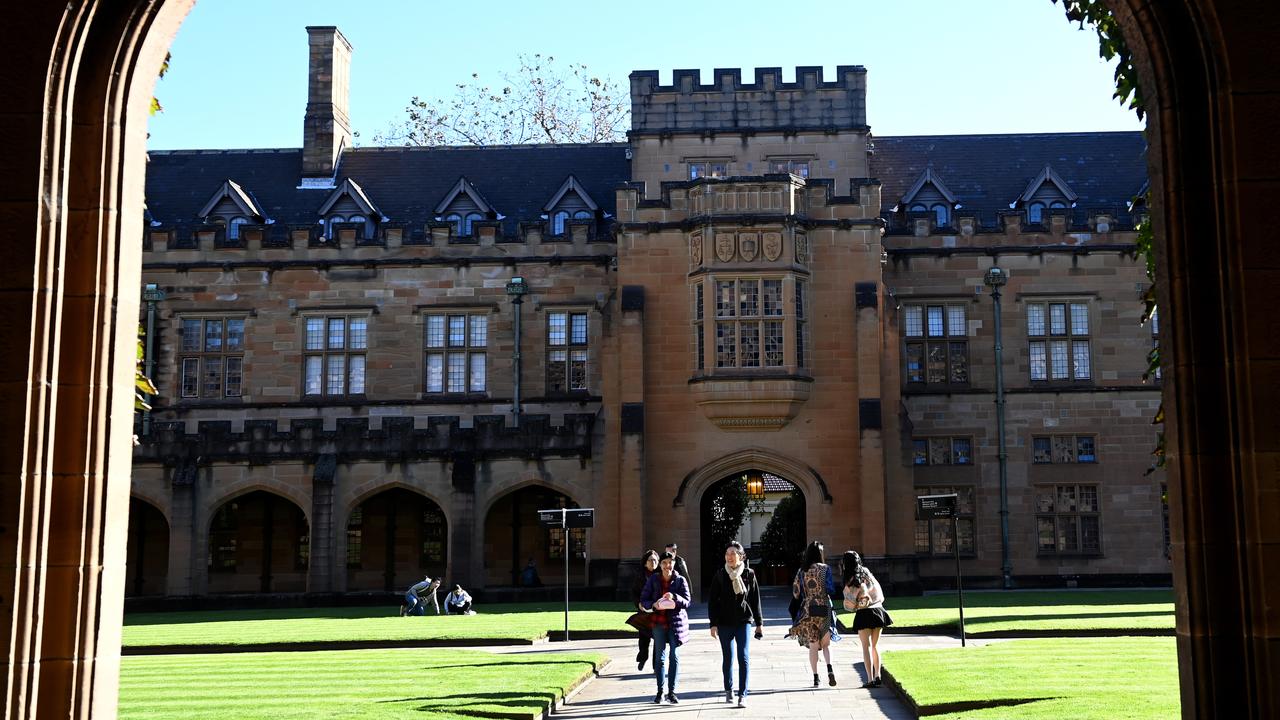Unlikely solution to Australian parliament dual citizenship woes
THE Turnbull Government has come up with a solution to the dual citizenship woes that have plagued parliament. But don’t expect a referendum anytime soon.
THE government has started steps to “minimise” but not eliminate the dual citizenship shambles caused by politicians not filling out nomination forms properly.
It plans to give them more time to do it, and more help.
But Senate leader Mathias Cormann today made clear there would not be a referendum to change Section 44 of the Constitution, which bars election candidates with dual citizenship.
“While the government is not inclined to pursue a referendum to change section 44 of the Constitution at this time, we will give due consideration to the findings and recommendations of the Committee,” Senator Cormann said, referring to a report by the Joint Standing Committee on Electoral Matters.
“As the Committee itself recognised, successful constitutional change is challenging and making the case would take more time than is available prior to the next general election.

Prime Minister Malcolm Turnbull has said the next election will be held in the first half of next year.
But the danger now is that despite the high profile of the constitutional issue and voter anger over the incompetence of MPs from all parties in sorting out their citizenship, there will be further problems of eligibility next election.
The Liberals already have had to delay preselection for a by-election in Queensland because two possible candidates might have an extra citizenship.
Section 44 has so far trapped six members of the House of Representatives, including former Deputy Prime Minister Barnaby Joyce, and forced them to costly by-elections. Four of those special elections — three in Labor-held seats and one held by the former Xenophon party Centre Alliance — are expected to be conducted in June.
It also has seen the removal of eight senators, including One Nation’s Malcolm Roberts who had argued he was “one million per cent” Australian only — but also had British citizenship.
Senator Cormann, giving the official Government response to the JSCEM report, said there would be steps taken to “minimise the risk of a recurrence of the eligibility issues that have arisen in the 45th Parliament”.
“We intend to move now to improve the existing candidate nomination process for elections in accordance with the relevant unanimous JSCEM recommendations on these matters,” he said in a statement.
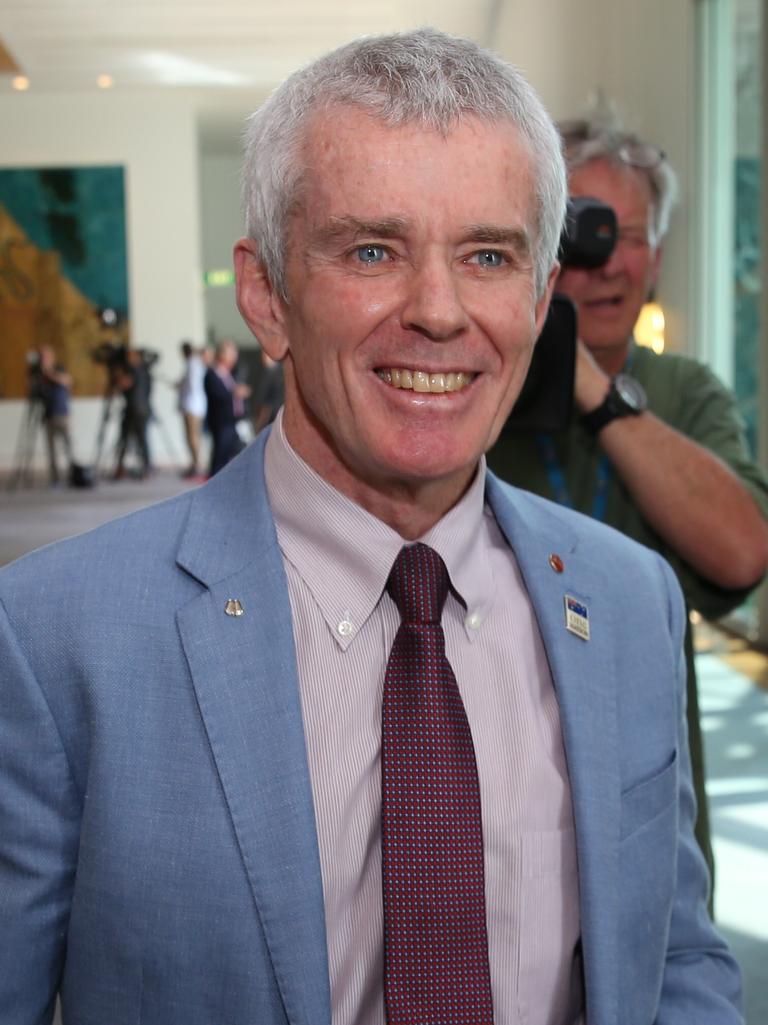
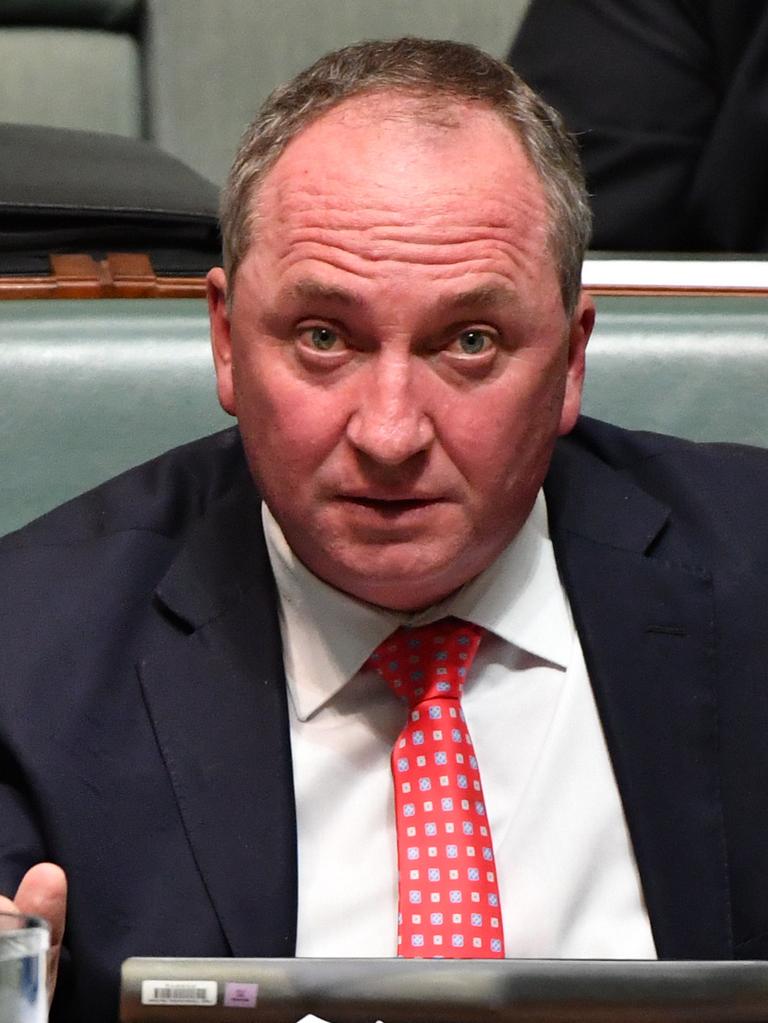
“We will consult swiftly with relevant stakeholders on proposed changes to give effect to the JSCEM recommendations on improvements to the nomination arrangements to ensure these improved processes will be in place for the upcoming by-elections.
“Under those changes, candidates for election to the Australian Parliament would provide information upon nomination to the [Australian Electoral Commission] consistent with the information that was recently requested from all current Members and Senators for inclusion on the Citizenship Register, as well as information on other potential disqualifications under section 44 of the constitution.
“The eligibility of members and Senators to sit in the Australian Parliament has been the subject of an appropriately high level of public interest. It is important that we implement measures now, to provide voters with confidence that their elected representatives are qualified to sit in Parliament.”


